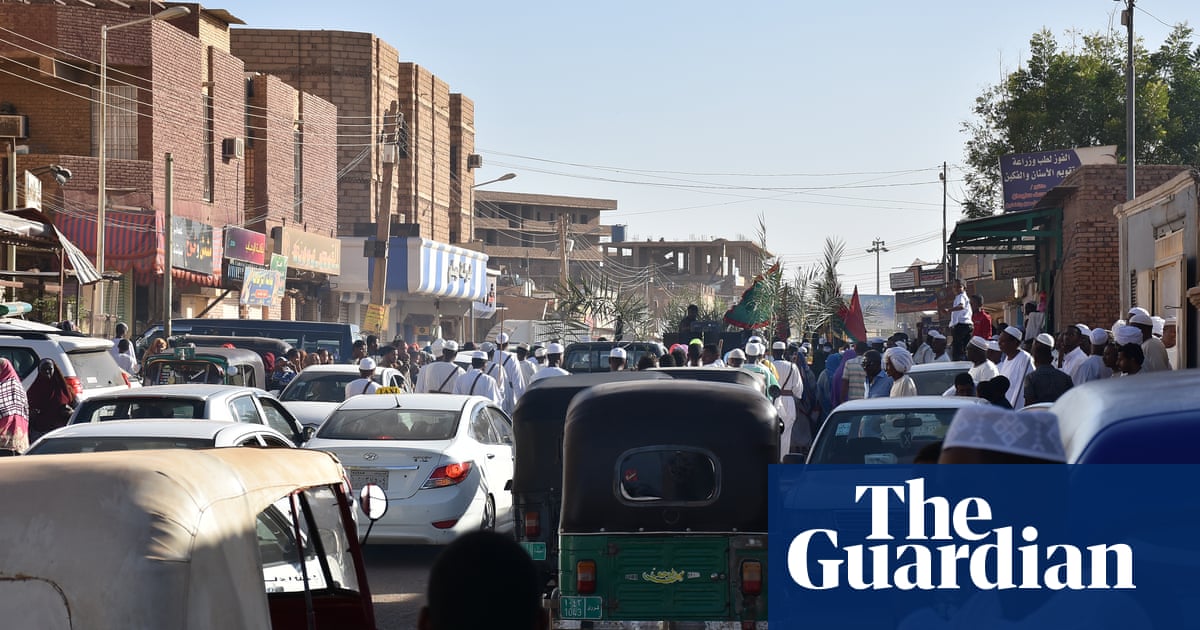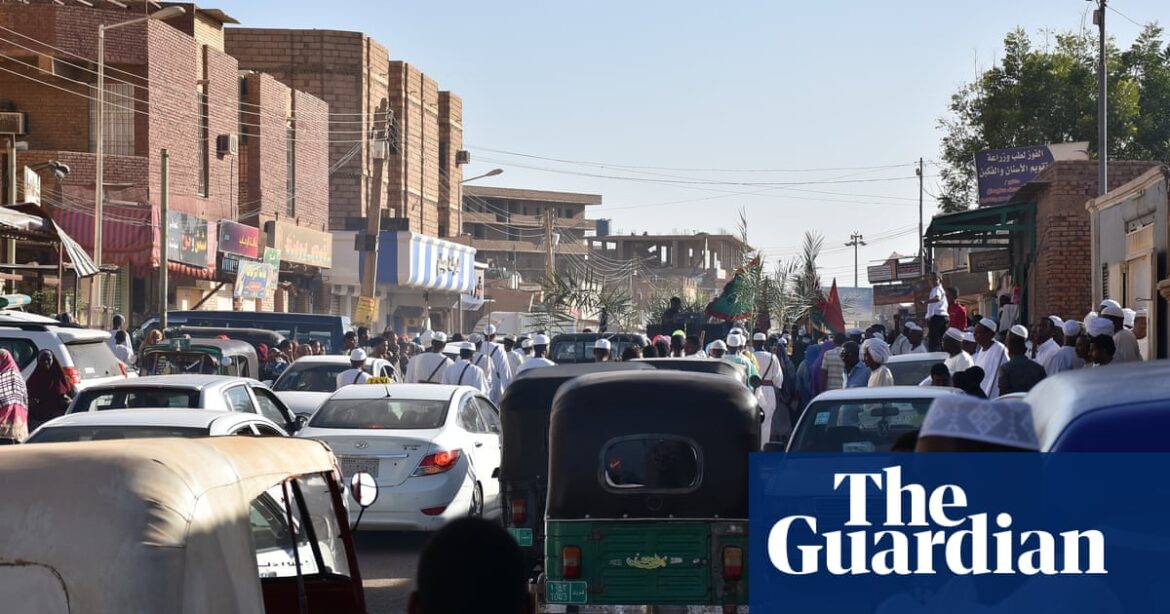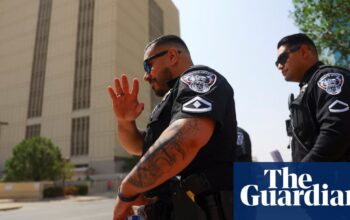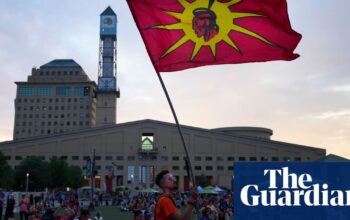
The Sudanese military has made progress in Omdurman for the first time in the conflict with the paramilitary Rapid Support Forces (RSF) that began in April of last year.
According to reports, soldiers from the SAF in the Karari military zone, located north of Omdurman, have joined their counterparts in the engineering unit in the southern part of the city. They have been under siege by the RSF since April.
The SAF recently declared their arrival at Souq Omdurman, a market with a long history in the country, located in Omdurman. This city is known as the sister city to Sudan’s capital, Khartoum, situated on the other bank of the Nile River.
After receiving reports of Iran providing assistance to the SAF through the use of new Mohajer 6 drones, it was revealed that the leader of the army, Gen Abdel Fattah al-Burhan, had recently visited Tehran.
One week prior to the army’s progress in Omdurman, residents of Ombada, a neighborhood in the north-west of the city, were instructed to leave their homes within 72 hours. It is reported that the SAF detained around 100 men who were reportedly beaten and mistreated before being let go.
A man named Awad Hakeem, who used to work as a car mechanic in Ombada, passed away two nights ago after a difficult experience. Hakeem had been detained by the army on two occasions and reportedly suffered from torture before being released.
“One of the individuals arrested by the army shared that they were humiliated and accused of lacking patriotism while being physically assaulted. This caused some of them to cry.”
The majority of individuals who were detained are members of the Gouran ethnic group in Sudan and were involved in the buying and selling of clothing in markets. Similar to other cities in Sudan, Khartoum is divided based on ethnicity and race.
SAF soldiers, especially the new recruits, are allegedly looting the houses of the Gouran people in north and west Omdurman. “They kicked us out, apparently just to loot our houses. I lost everything … they took all my furniture,” said one resident.
In the beginning of August, the military instructed a specific ethnicity residing near the Nile in eastern Omdurman to vacate their residences. Upon their return to gather their possessions, they discovered that soldiers had taken over their homes and their belongings were missing.
The majority of Khartoum’s population of 11 million has left the city, but there are still millions residing there, particularly the impoverished and those from far-off regions like Darfur and Kordofan, where intense conflict is taking place.
The SAF has faced allegations of singling out non-Arab groups, particularly those from Darfur who resided in Wad Madani city, located south of Khartoum, prior to its capture by the RSF in December. It has also been accused of causing numerous deaths and detaining hundreds of individuals.
The state’s military governor, Mohamed el-Badawi, has urged the intelligence services to detain individuals who work as vendors and beggars in markets, alleging that they may be acting as spies for the RSF. Many of the market traders in Sudan originate from Darfur and Kordofan, regions known for their ongoing civil conflict.
Since gaining independence in 1956, Sudan has been governed by a small group of Arab and Nubian leaders who come from tribes located along the Nile River in northern Sudan.
The Sudanese military, responsible for establishing the RSF to engage in a proxy battle in Darfur, has been accused of carrying out a genocide against non-Arab populations in the region. This has resulted in the death of over 1 million individuals and displacement of millions from their residences. As a consequence, former Sudanese President and army leader Omar al-Bashir became the first sitting president to be charged by the International Criminal Court in The Hague.
The RSF has been accused of engaging in ethnic cleansing against the Masalit people, a non-Arab community in West Darfur. This has resulted in the displacement of hundreds of thousands of individuals and the deaths of thousands during the recent conflict in the region.
Over 10,000 deaths have been recorded in Sudan as a result of a power struggle between two generals during the ongoing war.
Source: theguardian.com



